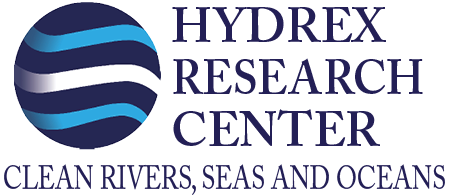As the world’s population expands, so does the need for food resources. Aquaculture is used to meet this growing demand. The problem is that this type of food production has several drawbacks. The goal of this research was to evaluate the environmental impact of fish farms, especially the salmon farms in Norway.
The research was entirely literature based. It was found that fish farms have a significant environmental impact. The organic waste that is produced ends up in the sediment below the open net-pen fish farms. The organic waste leads to a decrease in oxygen due to the high content of bacteria, as well as the development of germs. Additionally, chemicals that are used to control diseases, biofouling and corrosion end up in the water, the sediment and the food chain.
Considering this negative impact and that 25% of farmed fish die due to the poor conditions, the sustainability of the farms as they are currently operated is debatable. This research recommended an investigation into whether cleaning up the dirt pile under the cages will result in lower fish mortality and reduce the need of unnatural inputs such as chemicals and vaccinations.











